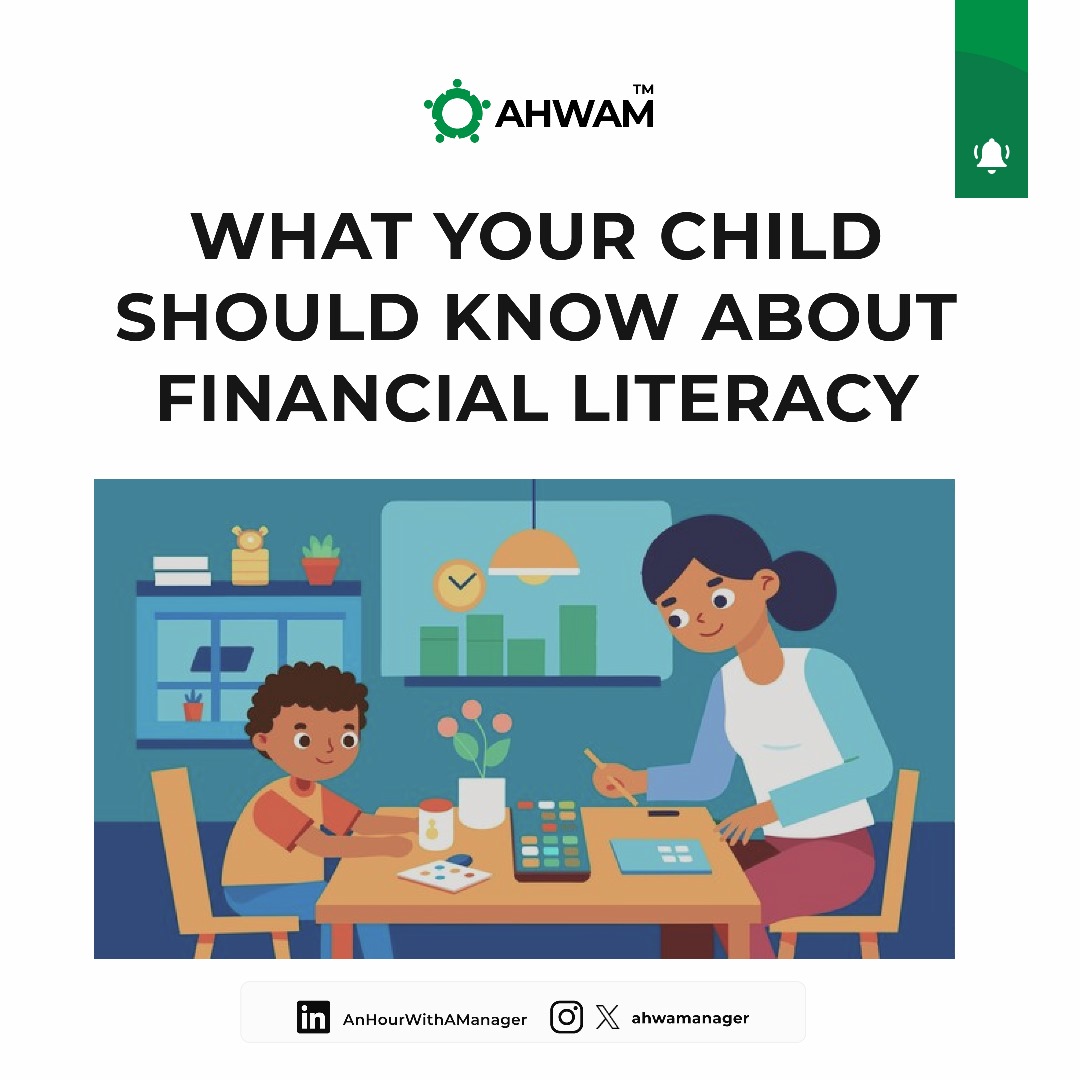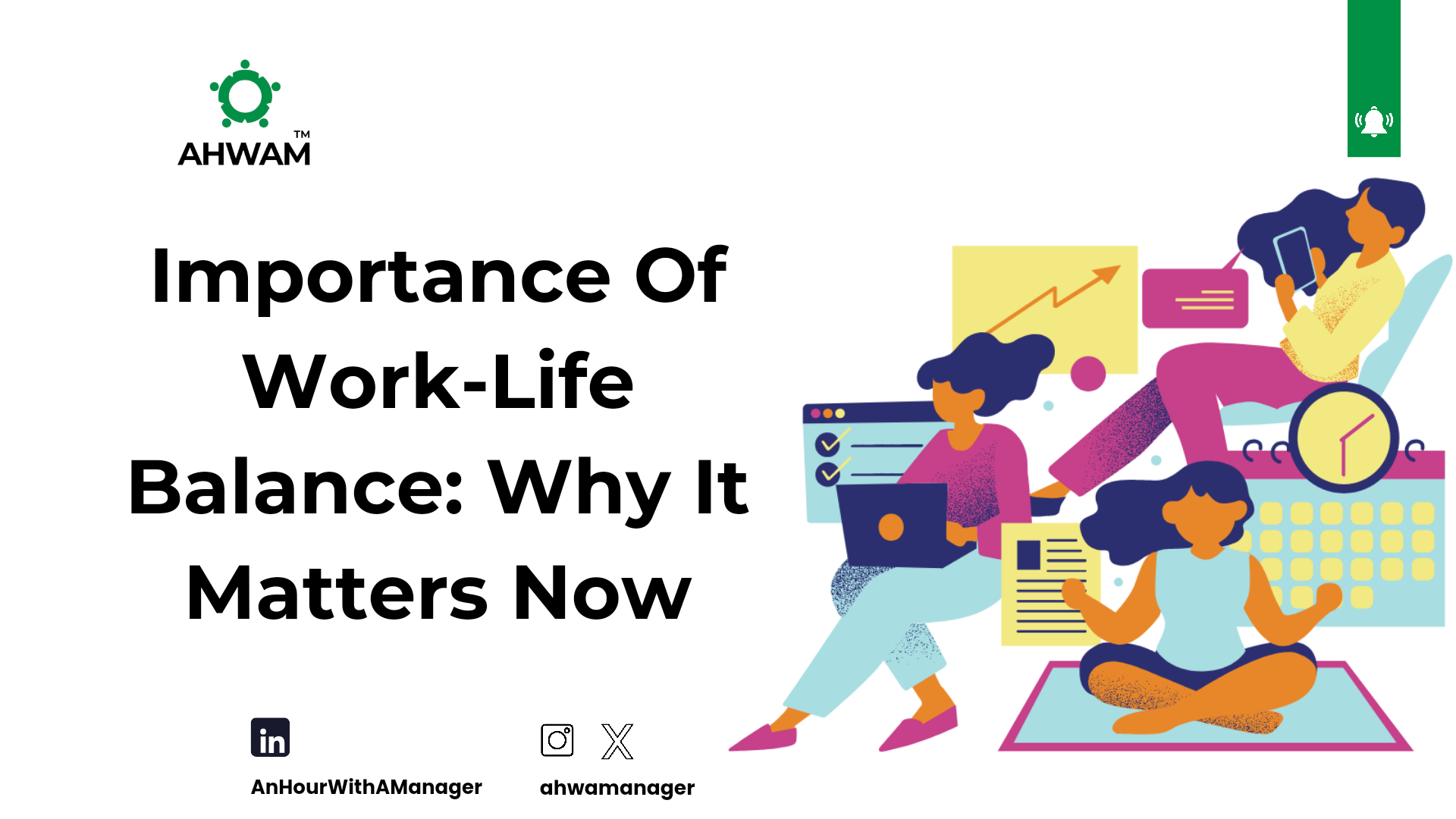Today, we’re going to discuss the importance of financial literacy and why you should teach your kids how to manage money from an early age. You've probably heard of friends struggling with their finances or even found it difficult yourself to navigate this phase. In today’s blog, we’ll address that struggle and provide a clear plan on how you can help your kids avoid making the same mistakes. Let’s dig right in!
What Is Financial Literacy And Why Is It Important ?
Financial literacy is the understanding of essential financial skills, like budgeting, saving, investing, and managing debt. However, it’s beyond being a set of skills, it’s the core foundation for making informed and responsible choices with money.
Teaching kids to be good money managers at an early age is teaching them how to be independent, financially responsible adults. When kids learn to handle money responsibly, they are more likely to make wise financial choices and save effectively as adults. Building these skills early isn’t just about managing finances but instilling discipline, patience, and a strong understanding of the value of money. However some parents do not see the need to instill these skills in their children because they believe that they're “just kids” and would learn how to manage their finances when they get older but the truth is, teaching them at a younger age and making them understand the pitfalls of money mismanagement will help them to prioritize their needs, save more, budget, avoid debt and make better financial choices.
Why Parents Should Teach Financial Literacy
It might feel easier to wait until kids are older to discuss money, but starting early can be more beneficial . Here are a few reasons why teaching them earlier is better than later
- Financial Independence: By learning the basics early, kids grow into financially responsible adults who can prioritize their needs and avoid common pitfalls, such as credit card debt and poor budgeting. Early financial education will help them to make thoughtful decisions which will help them to build a secure financial future.
- Good Money Habits: Habits formed in childhood often stick for life. Teaching kids to save, budget, and spend wisely can help them form positive habits that lead to financial well-being.
- Preparing for a Changing Economy: With the growth of digital currencies, complex investment options, and shifting job markets, today’s kids will face a different financial landscape than previous generations. Financial literacy and wise financial choices ensures they’re prepared for these changes. Teach them the importance of investment whether long term or short term and equip them with the knowledge that will help them make informed decisions.
- Avoiding Debt: Many adults struggle with debt, often due to poor financial choices early in life. Teaching children about credit, debt, and loans can prevent them from making similar mistakes.
- Understanding Opportunity Costs: Every financial decision has a trade-off, and understanding this concept can make kids more thoughtful spenders and savers.

Key Financial Concepts Kids Should Know
- Ages 5-7: Introduction to Money
At this age, children can start learning the basics of what money is and how it’s used. Teaching kids about currency, denominations, and simple transactions introduces them to the concept that money is earned and used to buy things they want or need.
Explain that money is earned and has a limit, meaning we can’t always buy everything we want. You could do this through play money or by involving them in shopping trips to understand different item values and how they should prioritize their needs
- Ages 8-12: Building on Basics
As kids get older, you can go a bit deeper into financial topics. At this stage, they’re ready to understand budgeting, prioritizing wants vs. needs, and basic goal-setting.
At this stage, you can explain the difference between what they need (food, clothing, shelter) and what they want (toys, treats, etc.). Understanding this distinction is essential for wise financial decision-making.
- Ages 13-15: Exploring Financial Responsibility
Teens are capable of understanding more complex financial concepts and are likely earning some money through chores, allowances, or part-time jobs. This is a great time to teach them about managing income and expenses.
Teach them how to track their income and expenses, and help them create a simple budget that outlines how much they earn, save, and spend.
- Ages 16-18: Preparing for Financial Independence
As your kids approach adulthood, they’ll soon have to make independent financial decisions. This is the ideal time to cover more advanced topics that will prepare them for life beyond high school.
At this stage, teach them about student loans, credit cards, and other forms of debt. Explain how interest works, emphasizing that debt must be repaid with added costs, which can lead to financial strain.
Did you enjoy reading this? We have an even more interesting topic to discuss with you tomorrow! Your support helps us to keep going so click on the subscribe button to subscribe to our Newsletter and click here to give us a follow on all social media platforms
Did you know that we just released our first magazine? We discussed everything you need to know about AI and how you can leverage it to simplify your workflow. Read here and also get your review featured on our page amongst other readers. Join our community of over 1,000 listeners and contributors to drop your review and also connect with like-minded listeners.
Until we write to you again, thank you for being a part of AHWAM!
Summary
Teaching financial literacy is one of the most important life skills you can pass on to your children. By educating them early and consistently on the value of money, budgeting, saving, and investing, you’re setting them on a path to financial independence and security. They’ll be better prepared to make informed choices, avoid debt, and take control of their financial futures. As parents, you play a vital role in shaping their understanding and attitudes toward money, providing them with a legacy that will benefit them throughout their lives.










